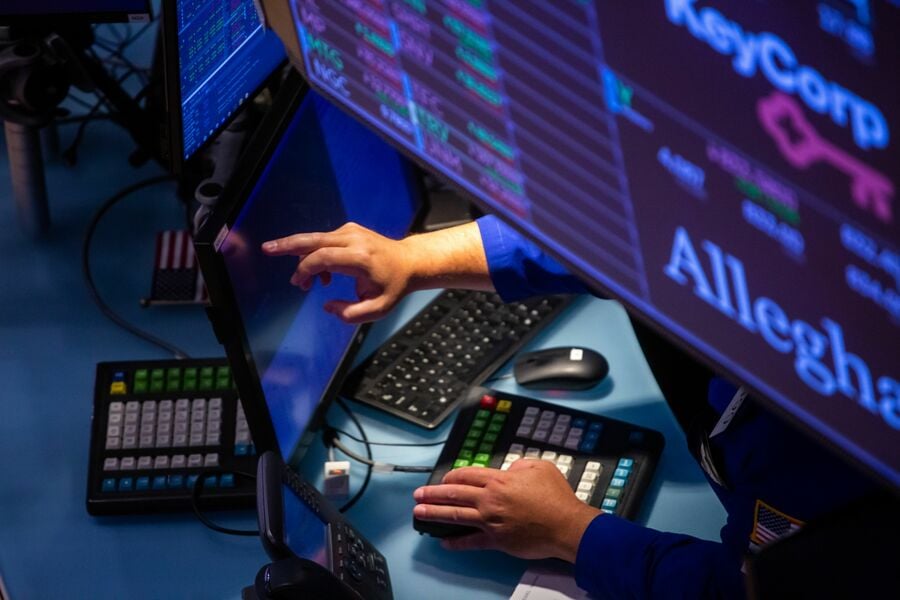

Wealthy young Americans have lost confidence in the stock market as a primary vehicle for creating wealth and are increasingly turning to alternative investments to fund their futures, a Bank of America survey has found.
Individuals ages 21 to 42 with at least $3 million in assets have only a quarter of their portfolio in equities, compared with more than half for those who are older, according to the study, which was released Tuesday.
Wealth managers have traditionally recommended more stock market exposure for young people, given their longer investing window. That’s worked historically, with the benchmark S&P 500 posting an annualized average return of almost 12% from its inception in 1957 through the end of 2021. Since the beginning of the year, however, the index has tumbled 24% amid turbulent markets and rising inflation.
The lack of faith in equities indicates that younger generations increasingly think “a traditional portfolio of stock and bonds is not going to deliver above-average returns over time,” Jeff Busconi, chief operating officer at Bank of America Private Bank, said in an interview. “We’ve had a very strong run in the stock market over the last decade and are now living through volatile times. That’s on the front of people's minds.”
The young and wealthy instead see more potential in assets like cryptocurrency, real estate and private equity. The Bank of America study, which surveyed 1,052 people with investable assets of more than $3 million, found that younger people allocated 15% of their portfolio to digital currencies, compared with just 2% for older respondents.
“It’s something we’re watching, but exposure to crypto is still relatively low among our client base,” Busconi said.
Baby boomers will transfer an estimated $84 trillion of their wealth to Generation X and millennials between now and 2045, according to market research by Cerulli Associates. The bulk of that money is projected to go to heirs, while about 15% will be donated to philanthropy.
The younger group is twice as likely to give through structured vehicles such as donor-advised funds, or DAFs, which are charitable investment accounts that offer up-front tax breaks with no deadline on when the funds must be distributed. Those with assets of more than $10 million were more likely to use DAFs that those with $3 million to $5 million.
Donor funds can be an “incredibly efficient way to structure a philanthropic strategy,” Busconi said.

The 25-year industry veteran previously in charge of the Wall Street bank's advisor recruitment efforts is now fulfilling a similar role at a rival firm.

Former Northwestern Mutual advisors join firm for independence.

Executives from LPL Financial, Cresset Partners hired for key roles.

Geopolitical tension has been managed well by the markets.

December cut is still a possiblity.
Streamline your outreach with Aidentified's AI-driven solutions
This season’s market volatility: Positioning for rate relief, income growth and the AI rebound
